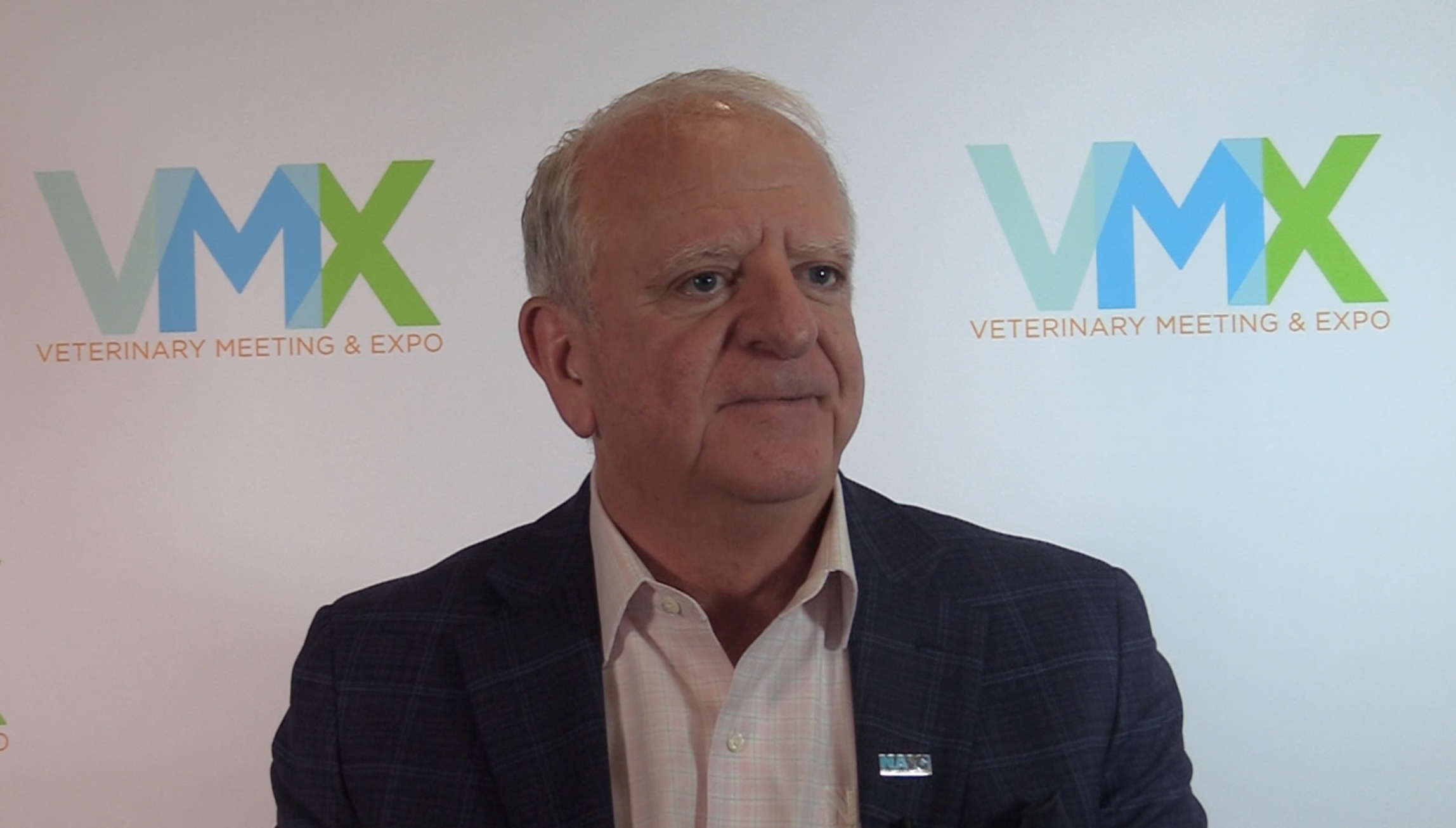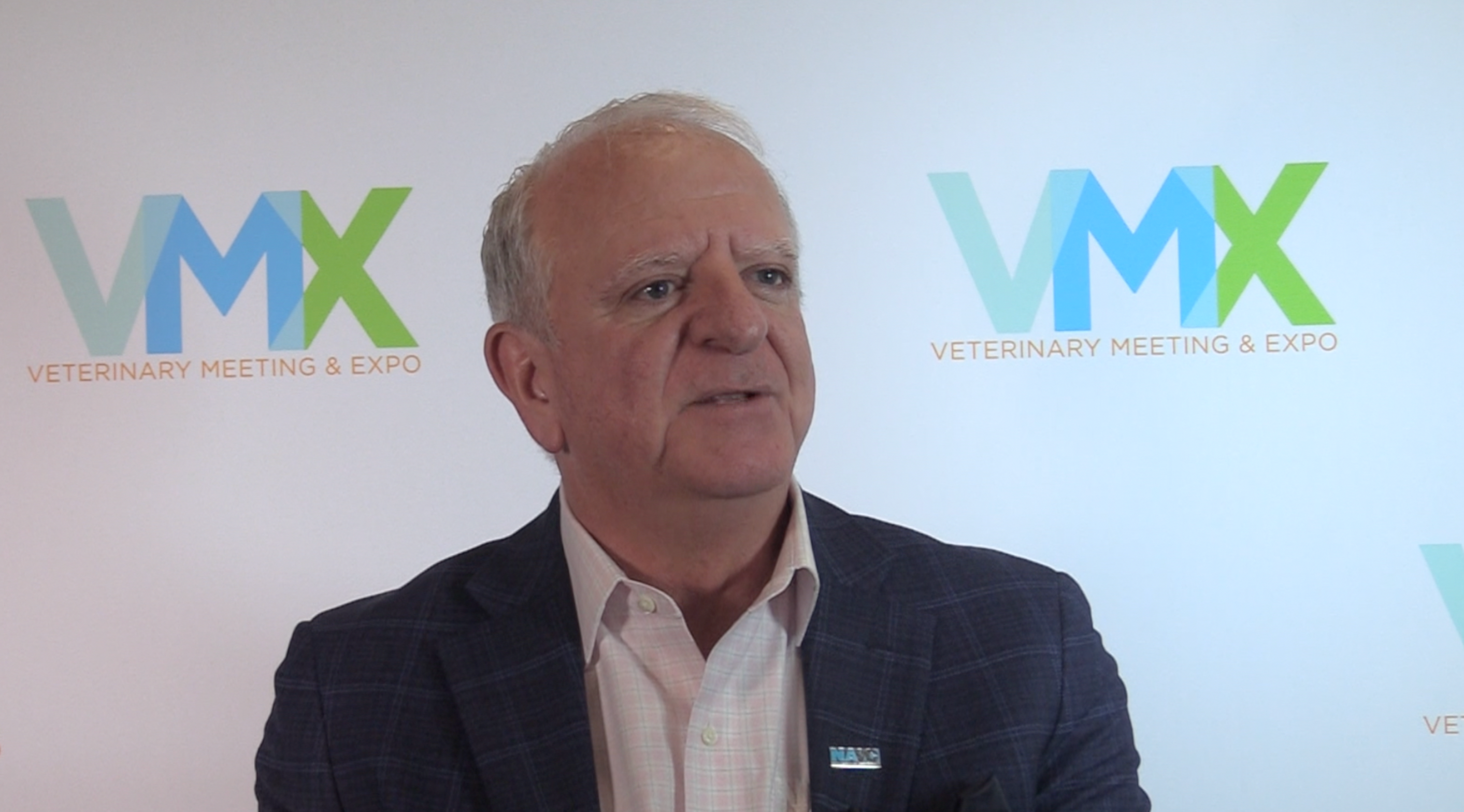Oklahoma OKs horse slaughter for human consumption
Federal legislation would prohibit domestic slaughter and export of live horses.
The Oklahoma legislature passed a bill March 26 to allow the slaughter of horses for human consumption in the state, which had been illegal since 1963. Despite opposition from animal welfare groups, the state Senate passed the measure in a 32-14 vote. Republican Gov. Mary Fallin signed the bill into law on March 29.
The passage of the horse slaughter bill, sponsored by Tulsa, Okla., Republican Skye McNiel, approves the processing of horse meat to export for human consumption. Meat processed in-state would be exported internationally, legislators say--the product is most often found on menus in Italy, France and Belgium.
“In Oklahoma--as in other states--abuse is tragically common among horses that are reaching the end of their natural lives,” said Fallin in a statement from the governor’s office. “Many horses are abandoned or left to starve to death. ... For that reason I have signed HB 1999, which would allow the humane, regulated processing of horses.”
While two horse slaughter facilities used to operate in the United States--one in Illinois and one in Texas--they closed in 2007 after Congress eliminated federal funding for horse meat processing plant inspections. This effectively shut down domestic horse slaughter and drove the market to Mexico and Canada.
However, in 2012--after a federal report concluded that unwanted horses were worse off after the ban than before it--Congress passed an appropriations bill that did not specifically deny the U.S. Department of Agriculture (USDA) funding to carry out inspections at domestic horse processing facilities.
Since then, plans have been introduced in a number of states to reintroduce horse slaughter. Although none has yet resulted in an operational facility, the Humane Society Veterinary Medical Association (HSVMA) says that corporations in New Mexico, Oklahoma, Iowa, Missouri and Tennessee all have grant applications on file with the USDA for horse slaughter inspections in their state.
In the meantime, legislation has been introduced in the U.S. House and Senate that would explicitly prohibit horse slaughter for human consumption in the United States as well as the export of live animals across the border for slaughter in Canada and Mexico. The bill, titled the Safeguard American Food Exports (SAFE) Act, has bipartisan support in both houses of Congress and is backed by the HSVMA.
According to the USDA, 102,260 horses were euthanized for processing in the U.S. in 2006--the last year horse processing plants were open for an entire fiscal year. McNiel reiterated USDA figures that 160,000 horses are shipped nationwide to Mexican slaughterhouses every year—21,000 from Oklahoma. Proponents of horse slaughter say it is a humane way to control the population of unwanted or abandoned horses while also providing a monetary response to the cost of caring for and disposing of unwanted animals.
The Association of American Equine Practitioners (AAEP), though it stresses it is not pro-slaughter, does not support current proposed federal legislation to ban horse slaughter for human consumption. The association regards itself as “pro-welfare” of the horse and believes that without longterm placement for affected horses and solutions to the core issues that contribute to the unwanted horse population, humane euthanasia and processing for human consumption may be an undesirable necessity. “If a horse owner is not able or willing to provide humane care, the AAEP believes that euthanasia at a processing facility is a humane alternative to a life of suffering, inadequate care and possibly abandonment,” a statement from the organization reads.










